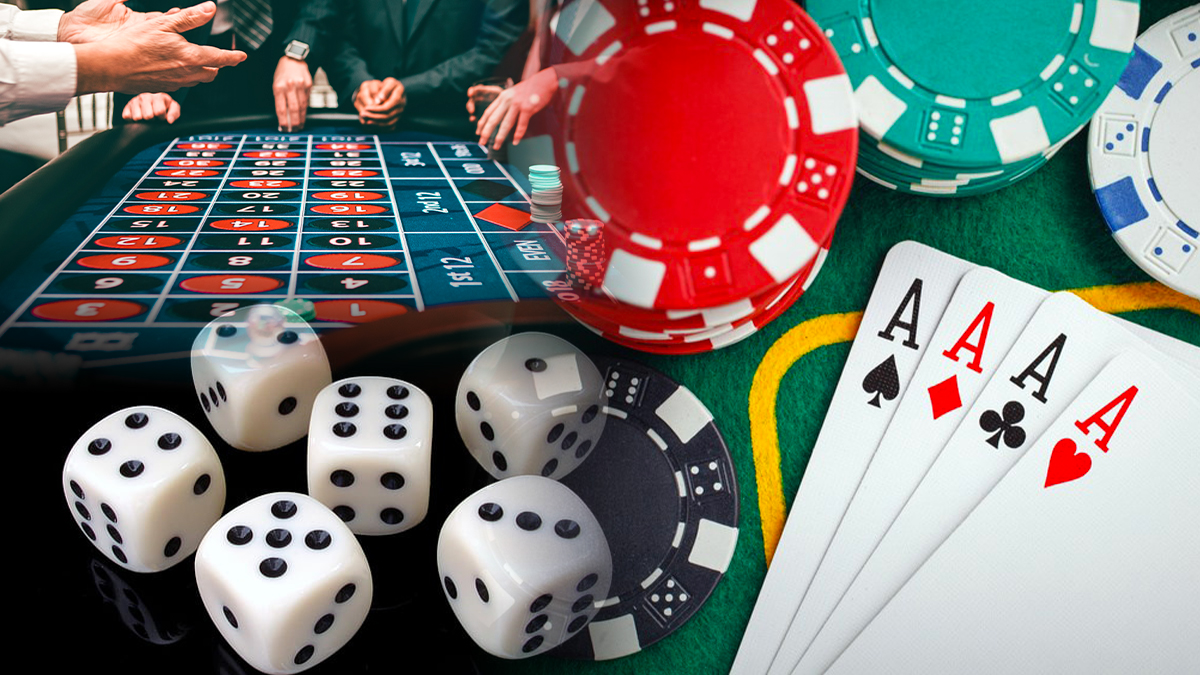
In the world of gambling, where chance and strategy meet, a unique tapestry of beliefs manifests—one that intertwines luck, fate, and the enigmatic nature of casino games. Casinos, bustling with excitement and anticipation, are not just venues for placing bets; they are also arenas in which superstitions thrive. Ranging from the novice player to the seasoned gambler, these mysterious practices often shape how individuals approach the games they play, holding the belief that their actions can impact the outcome in ways that go beyond mere probability.
When players gather around roulette wheels, blackjack tables, and slot machines, the atmosphere is thick with stories of lucky charms, rituals, and codified behavior that defy logic yet provide a sense of comfort. Whether it’s wearing a specific outfit, following a particular sequence of bets, or even avoiding certain numbers, the attachment to various superstitions reflects a deep-rooted desire to master the uncontrollable. This article delves into the captivating world of casino game superstitions, examining the beliefs that both entertain and mystify those who dare to play.
Cultural Beginnings of Superstitions
Betting games have long been interwoven with an array of superstitions that can be traced to ancient cultures. The beginnings of these ideas can be linked to humanity’s intrinsic need to control the random outcomes connected with chance and chance. In ancient civilizations, activities of uncertainty were often linked to religious practices. Players would seek blessings or ask for favor from gods, believing that their actions could change the outcomes in their advantage. This groundwork laid the foundation for the myriad of superstitions that spread as casino games evolved over centuries.
During the medieval period, gambling became a popular activity across Europe, and with it, a colorful tapestry of superstitions appeared. Players adopted numerous rituals and charms, believing they could influence the results of games. The significance of numbers, in particular, began to show in superstitions related to card games and dice. The number seven was often considered favorable, while various numbers carried unfortunate connotations. These ideas mirrored the social contexts of the time, evolving as they passed through generations and transformed to new gaming environments.
As gambling houses emerged in the 17th century, particularly in Italy and France, the atmosphere surrounding betting became saturated in mystique. The growing openness of gambling games allowed for the expansion and growth of superstitions among players. Concepts like lucky charms, specific seating locations, and rituals gained importance, creating a special culture within betting houses. As these customs continued to thrive, they became integral to the essence of casino activities, illustrating how the past and culture shape the belief systems that influence how participants interact with fortune.
Widespread Casino Myths
Beliefs surrounding casino games are abundant and varied, reflecting the hopes and fears of players as they engage in random games. One of the most prevalent beliefs is that specific numbers bring luck or bad luck. For example, the number seven is often seen as a favorable digit, frequently embraced by gamblers looking for a favorable outcome. Bj88 Conversely, the number thirteen is routinely considered cursed, leading many players to steer clear of it during their gambling sessions.
Another common belief relates to practices that players believe can affect their odds. Whether blowing gently on dice before a roll, using a specific hand to place a bet, or even wearing particular items of attire, many people feel that these actions can sway luck in their benefit. These practices offer a feeling of control in an otherwise unpredictable environment, strengthening the idea that luck can be created through personal beliefs and habits. Bj88
Lastly, the environment and vibe of the casino itself adds to superstition. Many gamblers suggest that the presence of specific icons, such as four-leaved clovers or fortunate coins, can enhance their odds of winning. Additionally, gamblers might adhere to the belief that victory streaks can be interrupted by mundane events, such as a person passing by or a accident at the table. The shared environment in a casino can amplify these superstitions, creating a shared culture of myths that transcends individual experiences.
Impact of Superstitions on Players
Superstitions play a important role in the mindset of casino players, often affecting their behavior and choices. A lot of gamblers think that fortune can be influenced through different rituals, such as wearing a lucky charm, selecting specific colors, or steering clear of particular digits. This reliance on superstitions can create a sense of control in an environment that is inherently unpredictable. Players frequently feel more self-assured and engaged when they believe that their actions could sway the result of a game in their advantage.
The influence of these superstitions extends beyond singular players, affecting the general atmosphere within the casino. For example, a player who holds the belief in the luck of a particular slot machine might attract a gathering, as others are fascinated by their apparent luck. This shared belief can amplify excitement and create a dynamic environment, leading to an captivating experience even for those who may not necessarily be believers themselves. The excitement around specific games can lead to increased participation and longer playing sessions, supporting the casino’s lively social scene.
In some instances, superstitions can lead to negative effects for players. Depending too much on rituals can result in bad gambling decisions, as some may overlook basic strategies in favor of unfounded beliefs. Additionally, the stress to perform rituals may heighten anxiety and tension, detracting from the pleasure of the experience. Ultimately, while superstitions can enhance the excitement of playing casino games, they can also lead to foolish choices that overshadow the fun and entertainment intended in the casino experience.